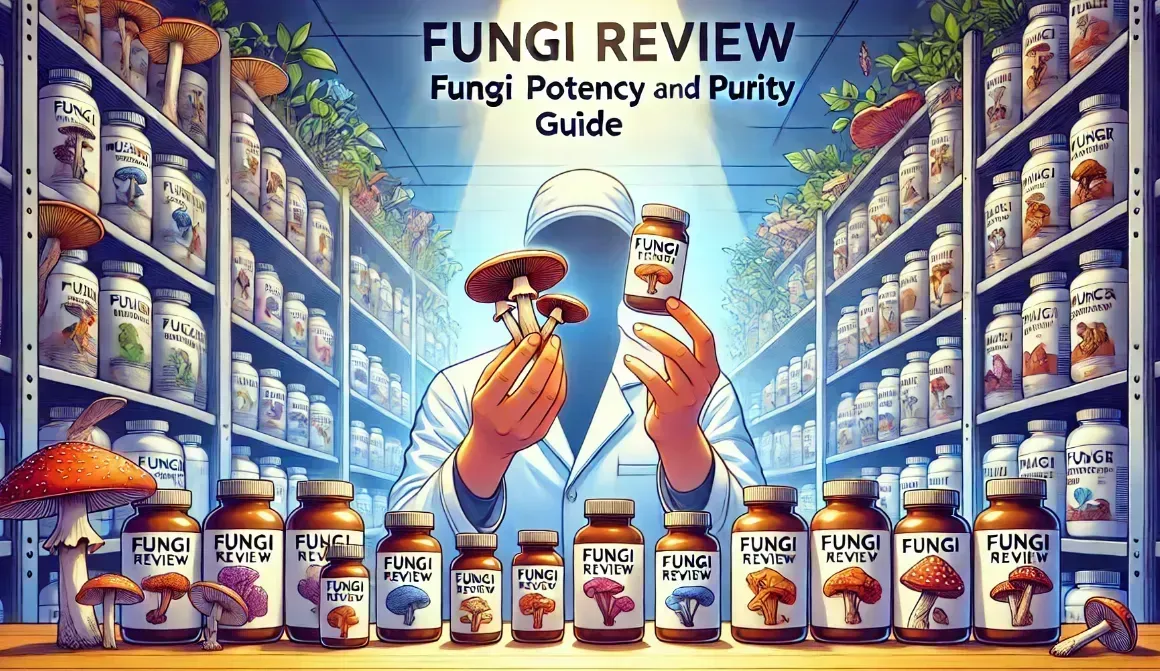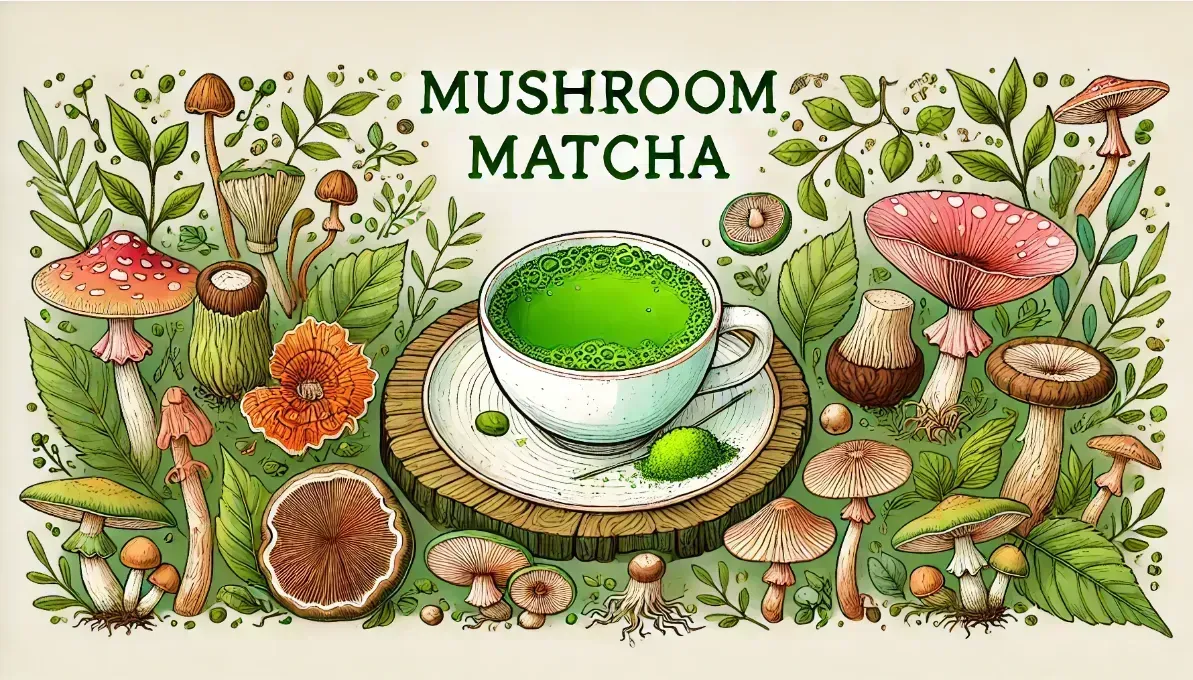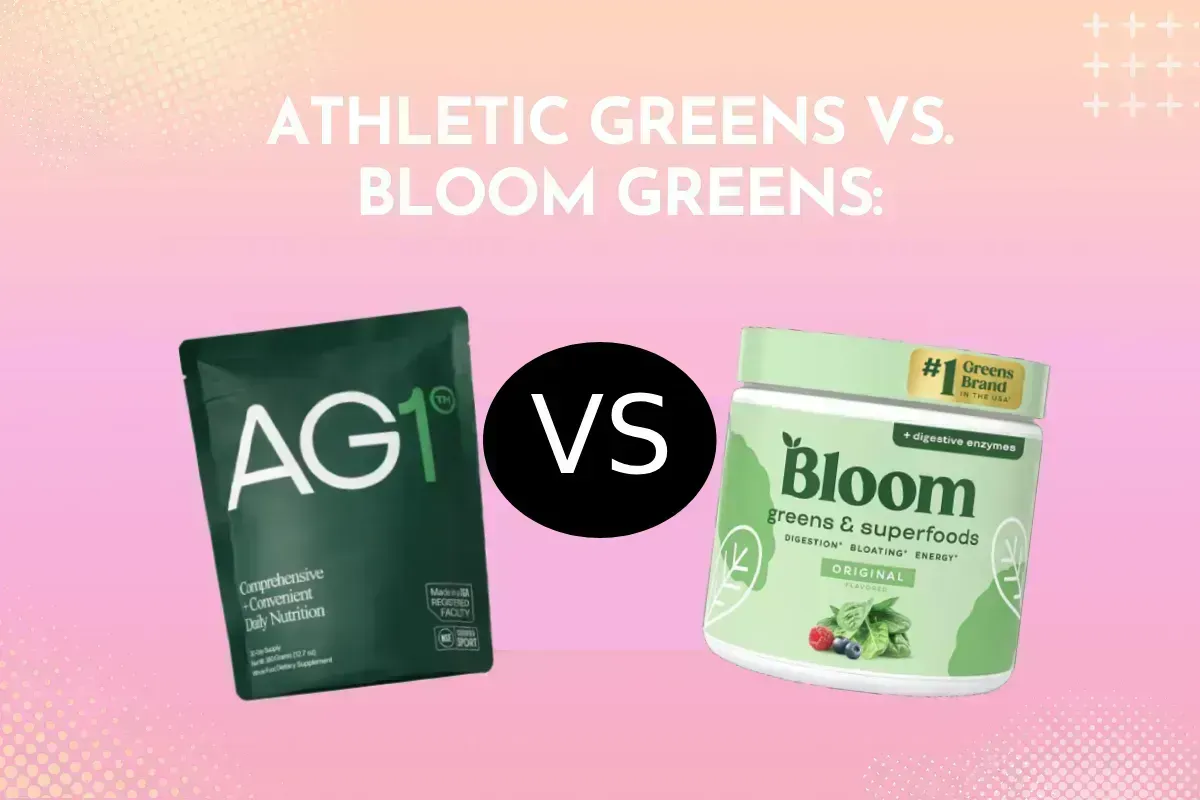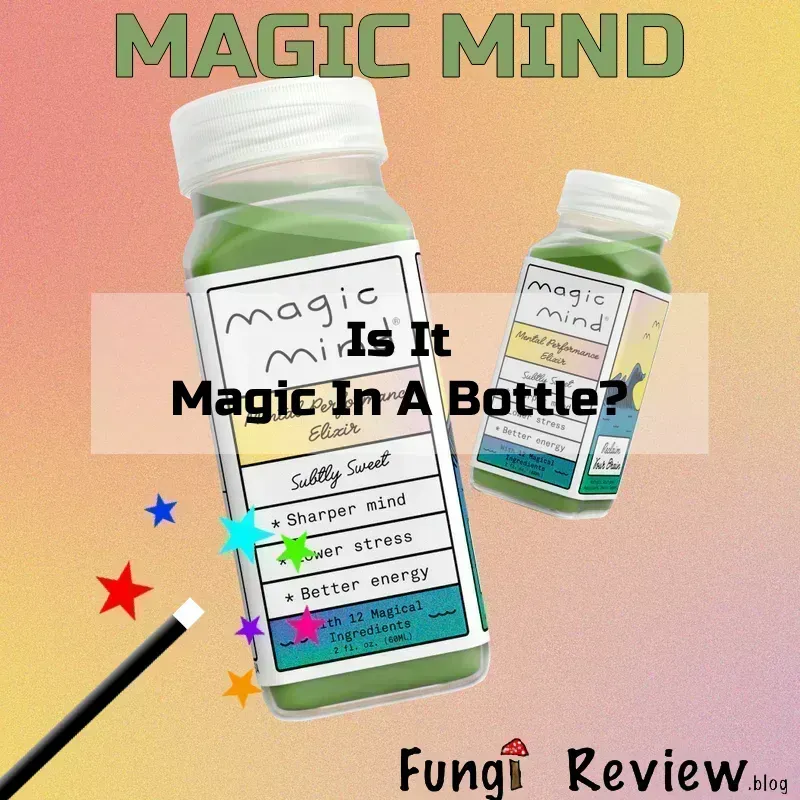As the popularity of medicinal mushrooms continues to soar, so does the number of brands entering the market with mushroom supplements. While this surge in availability provides consumers with a wider range of options, it also makes it more challenging to identify which brands are trustworthy and offer high-quality products. At Fungi Review, we’ll guide you through the key factors to consider when evaluating mushroom brands, ensuring that you can confidently choose products that are safe, effective, and worth your investment.
Why It’s Important to Choose a Trustworthy Brand
Before diving into the specifics of what makes a mushroom brand trustworthy, it’s essential to understand why this matters so much. Medicinal mushrooms are renowned for their potential health benefits, which include boosting the immune system, enhancing cognitive function, and providing antioxidant support. However, the efficacy of these benefits is directly tied to the quality of the mushroom supplement. Low-quality products may contain fewer active compounds, harmful contaminants, or misleading information about their ingredients. Therefore, choosing a reputable brand is crucial for ensuring that you receive the full therapeutic potential of the mushrooms.
Key Factors to Consider When Evaluating Mushroom Brands
There are several key factors you should consider when identifying a trustworthy mushroom brand. These factors will help you assess the brand’s commitment to quality, transparency, and customer safety.
1. Source of the Mushrooms
The origin of the mushrooms used in supplements is one of the most critical factors in determining product quality. Trustworthy brands are transparent about where their mushrooms are sourced and how they are cultivated.
- Geographical Origin: Mushrooms are bioaccumulators, meaning they absorb elements from their environment, including both beneficial nutrients and harmful contaminants like heavy metals. Therefore, the geographical origin of the mushrooms is crucial. Look for brands that source their mushrooms from regions known for clean air, water, and soil, such as specific parts of the United States, Canada, and Northern Europe.
- Organic Certification: Ideally, the mushrooms should be organically grown, which ensures they are free from synthetic pesticides, herbicides, and fertilizers. Organic certification also indicates that the brand follows environmentally sustainable practices. However, it’s important to remember that organic certification alone does not guarantee the absence of heavy metals, which is why third-party testing is also essential (more on that later).
2. Extraction and Processing Methods
The method used to extract and process the mushrooms can significantly impact the potency and efficacy of the supplement.
- Extraction Method: Trustworthy brands clearly state the extraction methods used for their products. Hot water extraction is the most common and effective method for extracting beta-glucans, the key immune-boosting compounds in mushrooms. Dual extraction, which involves both water and alcohol, is necessary for mushrooms like Reishi and Chaga to extract both water-soluble and fat-soluble compounds. Brands that use these methods and clearly explain them are more likely to offer high-quality products.
- Low-Temperature Processing: High temperatures can degrade the active compounds in mushrooms, reducing the effectiveness of the supplement. Brands that use low-temperature processing methods to dry and prepare their mushrooms help preserve the potency of these bioactive compounds.
3. Third-Party Testing
Third-party testing is one of the most reliable ways to verify the quality and safety of a mushroom supplement. Trustworthy brands conduct independent testing to confirm the presence of active compounds and ensure the product is free from harmful contaminants.
- Testing for Active Compounds: Look for brands that test their products for key active compounds, such as beta-glucans, triterpenes, and cordycepin. The results of these tests should be available to consumers, either on the brand’s website or upon request.
- Contaminant Testing: Third-party testing should also screen for contaminants like heavy metals, pesticides, herbicides, and microbial contaminants (e.g., bacteria, yeasts, molds). Trustworthy brands will make these lab reports accessible to customers and will not hesitate to provide them if asked.
Look at our blog "Understanding How to Read Lab Reports for Mushroom Products" to learn how to read Third-party testing lab reports.
4. Transparency and Labeling
Transparency is a hallmark of a trustworthy brand. The product label should provide clear, detailed information about the contents of the supplement and how it was made.
- Clear Ingredient List: The label should list all ingredients in the product, including the specific type of mushroom (e.g., Reishi, Lion’s Mane), the part of the mushroom used (e.g., fruiting body, mycelium), and any additional ingredients like fillers or preservatives. Be cautious of vague labels that do not specify these details.
- Detailed Supplement Facts: Trustworthy brands will include detailed supplement facts, such as the concentration of active compounds (e.g., percentage of beta-glucans) and the dosage recommendations. Avoid products with incomplete or confusing labeling, as this could indicate a lack of transparency or quality control.
- Certification Seals: Look for certification seals from recognized organizations, such as USDA Organic, Non-GMO Project Verified, or third-party testing certifications. These seals indicate that the brand has undergone rigorous quality control processes.
5. Brand Reputation and Customer Feedback
A brand’s reputation and customer feedback are valuable indicators of its trustworthiness and product quality.
- Customer Reviews: Read customer reviews on multiple platforms, such as the brand’s website, third-party retail sites, and independent review sites. Pay attention to recurring themes in the reviews, such as product effectiveness, customer service, and any reported side effects. While a few negative reviews are normal, a pattern of complaints should raise red flags.
- Industry Recognition: Trustworthy brands are often recognized within the industry and may have received awards or positive mentions from reputable health and wellness publications. Researching these accolades can provide additional reassurance of the brand’s credibility.
- Brand Mission and Ethics: A brand’s mission and ethical stance can also provide insight into its trustworthiness. Brands that prioritize sustainability, transparency, and customer education are more likely to offer high-quality products. Look for companies that provide detailed information about their sourcing practices, environmental impact, and commitment to quality.
Common Red Flags to Watch Out For
While the factors listed above can help you identify trustworthy mushroom brands, it’s also important to be aware of common red flags that may indicate a brand is not as reliable as it seems.
1. Lack of Information on Sourcing and Processing
If a brand does not provide clear information about where its mushrooms are sourced or how they are processed, this is a major red flag. Trustworthy brands are transparent about these aspects of their products because they understand the importance of these factors in ensuring quality.
2. No Third-Party Testing or Lab Reports
A brand that does not conduct third-party testing or refuses to provide lab reports upon request is likely cutting corners. Third-party testing is a critical step in verifying product quality, and reputable brands will make this information readily available to consumers.
3. Vague or Misleading Labeling
Be wary of brands that use vague terms like "proprietary blend" or "full-spectrum extract" without providing specific details about the ingredients and their concentrations. These terms can be used to obscure the actual contents of the product, making it difficult to assess its quality.
4. Unrealistically Low Prices
While everyone loves a good deal, be cautious of mushroom supplements that are priced significantly lower than similar products on the market. High-quality mushrooms are expensive to cultivate, process, and test. If a product is being sold at a price that seems too good to be true, it likely is, and the lower cost may reflect lower quality. Mushrooms are expensive to grow. Therefore, a lot of companies sell mycelium grown on grain, which could increase contamination or contain mycotoxins and cause bad side effects. Read our blog on "Mycelium Grown on Grain" to learn more and why you have to look out for brands that use this method to save money.
How to Verify a Brand’s Trustworthiness
Now that you know what to look for in a trustworthy mushroom brand, here are some steps you can take to verify a brand’s credibility before making a purchase:
1. Research the Brand
Start by researching the brand online. Visit their official website and look for information about their sourcing, processing, and testing practices. Check if they provide detailed information about their products and whether they have received any industry recognition or certifications.
2. Contact the Brand
If you have specific questions or concerns, don’t hesitate to contact the brand directly. There is no harm in reaching out and asking for more info on their products, especially when it's concerning your health (keep in mind it is their job to try and sell you their product). Reputable companies will be responsive and willing to provide additional information, such as lab reports or details about their sourcing practices. If a brand is unresponsive or evasive, consider it a red flag.
3. Read Independent Reviews
In addition to customer reviews on the brand’s website, look for independent reviews from reputable health and wellness blogs, forums, or third-party retail sites. These reviews can offer more objective insights into the quality and effectiveness of the products.
4. Verify Certifications
Check for certification seals on the product packaging and verify their authenticity. For example, you can visit the USDA Organic or Non-GMO Project websites to confirm that the product is indeed certified by these organizations.
Conclusion: Making Informed Choices for Your Health
Choosing a trustworthy mushroom brand is essential for ensuring that you receive the full therapeutic benefits of medicinal mushrooms. By considering factors such as sourcing, processing methods, third-party testing, transparency, and brand reputation, you can make informed decisions that prioritize your health and well-being.
At Fungi Review, we are committed to helping you navigate the complex world of mushroom supplements with confidence. By following the guidelines outlined in this blog, you’ll be better equipped to identify brands that offer high-quality, safe, and effective products.
Related Blogs:
- Understanding Lab Reports for Mushroom Products: Learn how to read and interpret lab reports to ensure product quality.
- The Ultimate Mushroom Product Checklist: A practical guide to evaluating and choosing the best mushroom supplements.
- Fruiting Body vs. Mycelium: What’s the Difference?: Discover the key differences and which type is best for your needs.
By staying informed and discerning, you can ensure that the mushroom supplements you choose are truly beneficial
Citations: (Read for more info on mushroom brands)
-
NAMMEX - Provides insights into the importance of using certified organic mushrooms: NAMMEX - Certified Organic Mushrooms
-
Real Mushrooms - Discusses how to verify the quality and purity of mushroom supplements: Real Mushrooms - Verifying Mushroom Supplement Quality
-
Paul Stamets' Research - Highlights the research on the medicinal properties of various mushroom species: Paul Stamets - Medicinal Mushroom Research
-
National Library of Medicine (NLM) - Provides scientific studies on the effectiveness of medicinal mushrooms: National Library of Medicine - Medicinal Mushroom Studies
-
Medium - Offers advice on how to buy quality medicinal mushroom powders and avoid low-quality products: Medium - How to Buy Quality Medicinal Mushroom Powders
-
Antioxi - Provides a comprehensive guide on determining mushroom quality in supplements: Antioxi - The Ultimate Guide to Mushroom Quality





